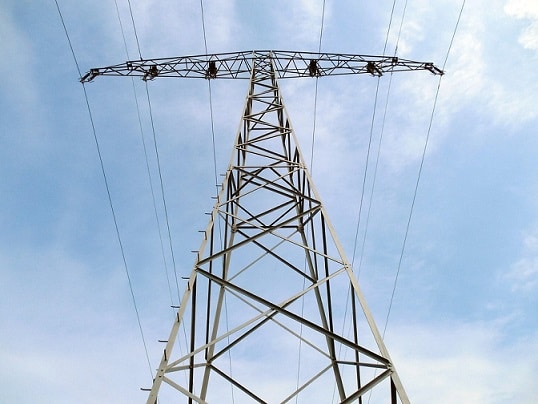 There are various global efforts underway to address energy security concerns and mitigate climate change, and which are driving the expansion of renewables in the aggregated global energy mix.
There are various global efforts underway to address energy security concerns and mitigate climate change, and which are driving the expansion of renewables in the aggregated global energy mix.
Most nations have agreed to double their share of renewables by 2030, but it remains to be seen whether this is going to be enough and whether it is the right thing to do. While some types of renewable energy, such as wind and solar photovoltaic (PV) power consume minimal water and have low carbon footprints, others such as concentrated solar power and biofuels can consume vast quantities of water.
Hydropower uses major amounts of water; large quantities of water must be stored, and there are big losses from evaporation from the reservoirs. Hydropower also has unique environmental and social impacts.
In order to be able to provide the amount of energy and water that will be required in the next few decades or so due to a burgeoning population, increase in people moving to cities, and problems caused by climate change, there needs to be coherence.
The two most rapidly expanding renewable energy sources, wind and solar PV, pose a challenge as to whether the large loads required will be able to be balanced and maintained. Hydropower uses too much water and thermal power, which is mainly from natural gas, often includes fracking which is disastrous for the environment.
Nuclear power has come into disfavour in the European Union, but instead of opting for hydropower they seem to be keener on utilising imported natural gas, so this may present a problem down the line if the natural gas supply dries up.
Sub-Saharan Africa is in a prime position to benefit from the current drive towards renewable energy, and while it is slow to change from coal-powered energy, it is also not looking to renewable sources quickly enough. Some countries are looking to fracking, which is not a good idea for the environment and is facing huge public opposition, especially as it also uses a lot of water and there is also the possibility of local freshwater sources being polluted. In a continent where drought is experienced sometimes for years at a time, water is a precious resource.
Africa should look more to solar power as it has more than sufficient sun, but avoid anything that uses water. How can one use huge quantities of water to supply power on a continent where millions of people do not have access to fresh water and hygienic sanitation?
Where Africa could benefit is by developing and enhancing regional power-pools and integrating grid networks. Countries need to reach agreements to share energy and water so that all can have access to both – this way all of Africa will benefit and it will also create political and economic stability on the continent.
Get water cooler accessories, water cooler delivery and water coolers in Living-Water.





